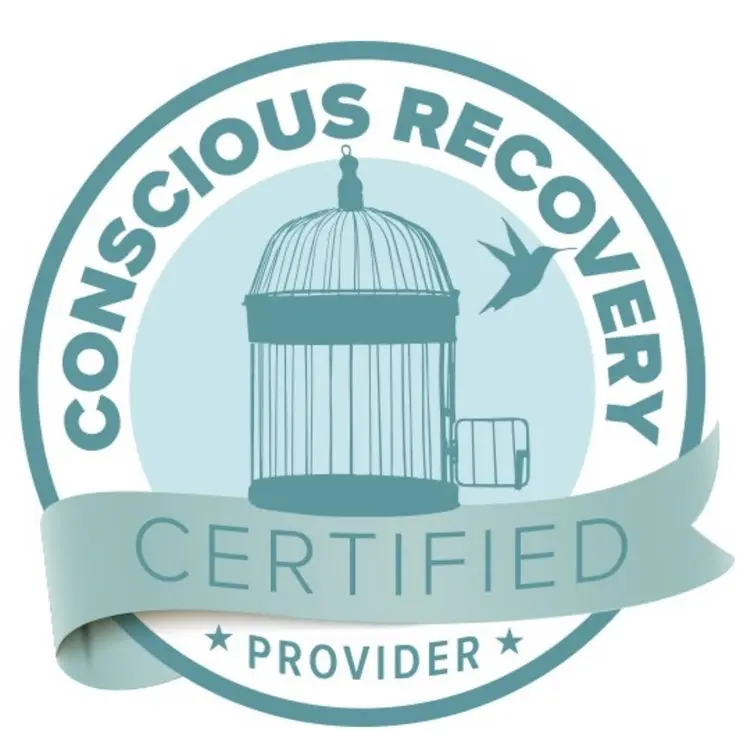Neuropsych testing at Monima includes comprehensive assessment methods in order to evaluate cognitive and behavioral functions to determine proper diagnosis and treatment planning. Each woman enrolled in our outpatient programs begins their recovery journey with a neuropsych evaluation (also referred to as neuropsychological or psychological testing and assessment) to ensure they are set up for success from the very start of the treatment process.
Starting the recovery journey with a neuropsychological test is key, as it provides valuable insights into an individual’s cognitive strengths and weaknesses. The results of every neuropsychological assessment helps our team of professionals to create the most optimal treatment plan to foster lasting mental wellness, overall well-being, and recovery.
Outpatient treatment programs treat mental health care without being admitted to a hospital or residential facility. It involves specialized treatment where individuals receive assessment, diagnosis, counseling, therapy, medication management, and other necessary interventions while still residing in their own homes or transitional housing.

We’re here to support you at every stage of your recovery journey. Our diverse team of Doctoral and Masters-level clinicians are experts in a variety of treatment modalities in order to provide individualized and comprehensive care.

We’re different than other treatment centers. We approach mental health from a holistic and evidence-based perspective. Our programs offer traditional and alternative treatment options to foster life-long mental wellness.

We have partnered with Ohana Residences to provide a safe haven for women. We offer a transitional housing option with the opportunity to build lasting bonds in a safe, supportive, and women-only community.
The Intensive Outpatient Program (IOP) at Monima is individualized for women and offers part-time, intentional, and comprehensive treatment for challenges related to mental health and trauma recovery.
IOP is designed specifically for women ready for level of support above traditional once-per-week therapy, or as a stepping stone between a full-time recovery program — such as PHP or residential treatment — and returning to their daily routines full-time.
The Partial Hospitalization Program (PHP) at Monima provides treatment for women seeking a comprehensive and full-time mental health treatment program that fosters lasting mental, physical, and spiritual wellness.
PHP is the highest level of care available at Monima, intentionally designed for women that are ready for a step above basic therapy, psychiatric support, or IOP. Most clients take a leave of absence from work, school, or their daily routines to fully immerse themselves in healing.
Monima Wellness offers an outpatient program (OP) to provide continued mental health support while integrating into their daily lives. This program is ideal for those transitioning from more intensive levels of care, such as PHP or intensive outpatient treatment. Sometimes referred to as aftercare, the OP emphasizes maintaining and building upon the progress achieved in previous phases, allowing clients to begin balancing their recovery with work, education, or family responsibilities.
We treat women who are seeking help that is a step above basic therapy or psychiatric care. Our programs address a range of diagnoses and concerns, and our team of expert clinicians recognize each patient is at a different phase of their recovery journey, have different goals, and face unique challenges. Each patient works with our team to craft personalized treatment plans based on the modalities and care that are best suited to treat their needs.
Our specialized programs are designed to address the specific needs of diverse groups of women with a variety of lived experiences. Each program combines evidence-based therapies with holistic approaches to provide comprehensive care for:
Outpatient treatment offers individuals a way to continue their lives while receiving mental health treatment. This level of treatment doesn’t require hospitalization.
Outpatient treatment offers a variety of non-residential services and programs to meet the client’s treatment needs. Services involve case management, treatment planning, individual and group counseling, patient education, crisis intervention, and more.
Generally speaking, inpatient care requires you to stay in a hospital or treatment center and outpatient care does not. Outpatient treatment is often considered a part-time approach to treatment while inpatient is considered full-time.
Find out if Monima is the right treatment center for you or your loved one. Please note: we are an insurance-friendly organization.

